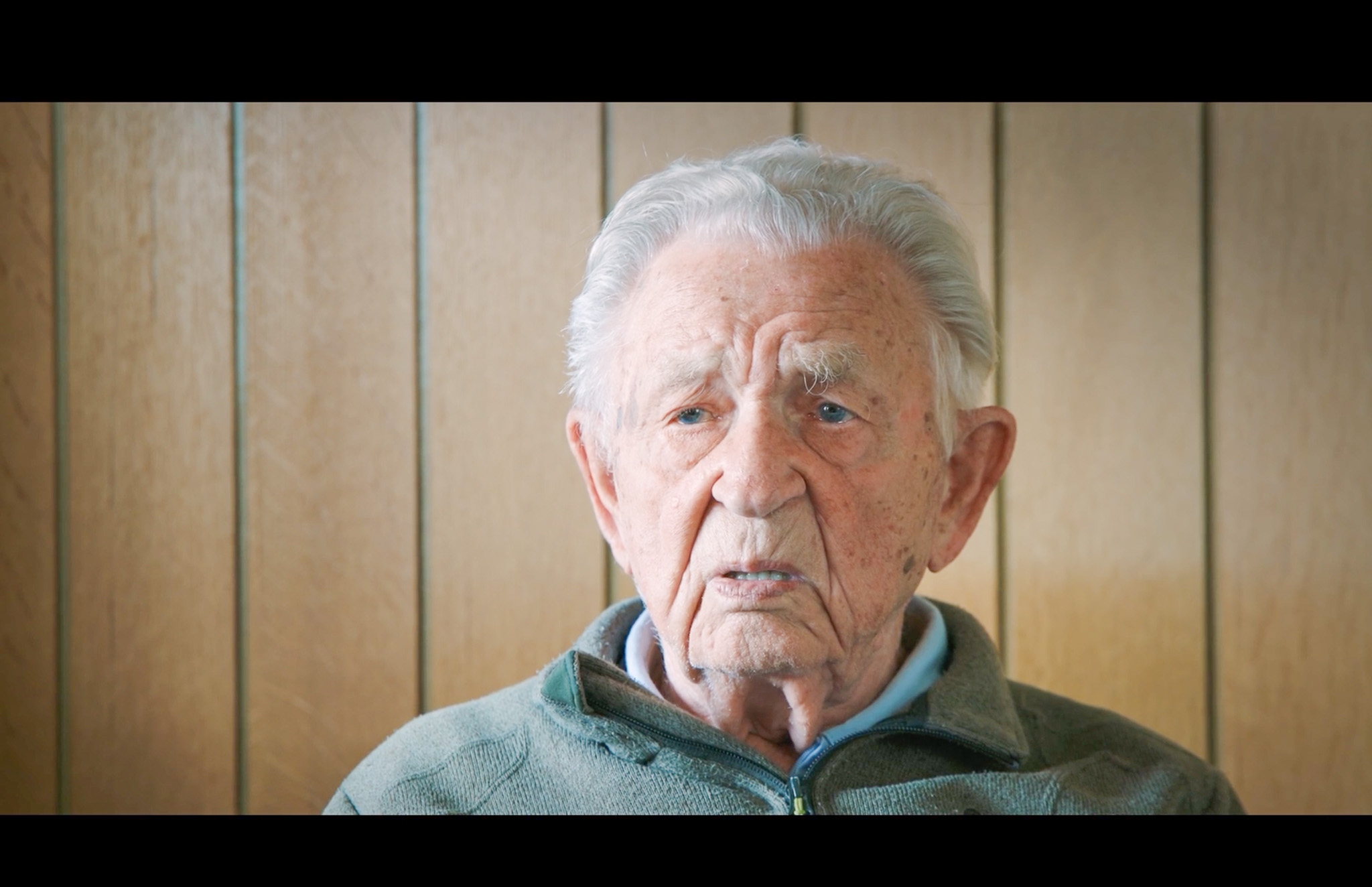DAS UNGESAGTE / THE UNSPOKEN
Ein Film von Patricia Hector und Lothar Herzog
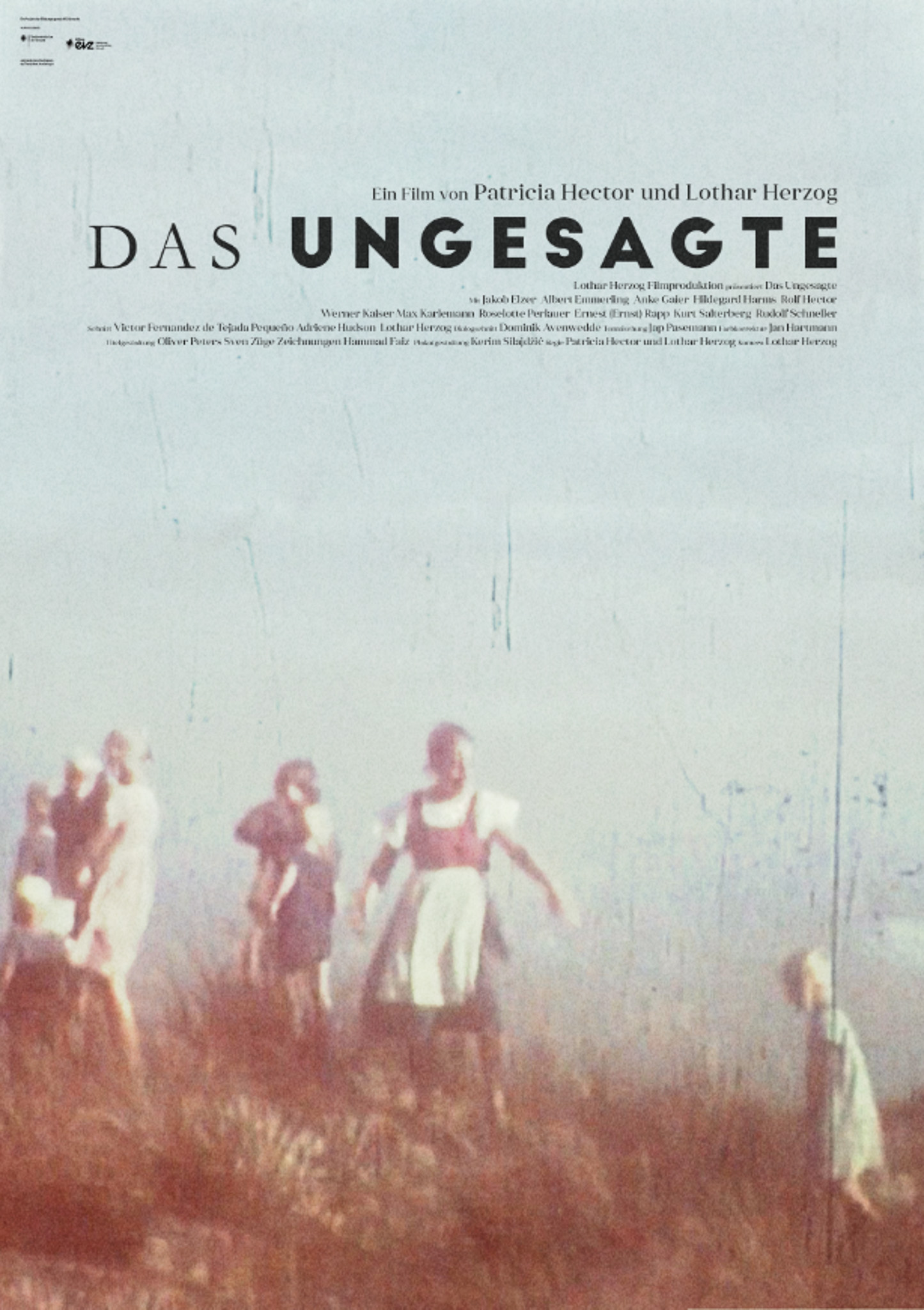
SYNOPSIS
Die meisten Deutschen, die damals für das NS-Regime waren, haben nach 1945 nie wieder über diese Zeit gesprochen. In fast allen deutschen Familien war das Thema tabu: Das Ungesagte.
Der Film wählt einen psychologischen Ansatz, um herauszufinden, was diese Menschen damals genau dachten und fühlten – und wie sie heute ihre Beteiligung bzw. Involviertheit in das NS-Regime beurteilen. Die Aussagen sind schmerzhaft ehrlich, teils verstörend, aber auch berührend, dabei gleichermaßen geprägt von moralischem Zwiespalt, verdrängten Schuldgefühlen, Trauma und Trauer.
Zudem erzählen auch jüdische Überlebende, und erhellen die bis heute verbliebenen blinden Flecken in der Perspektive der damaligen Mehrheitsgesellschaft. Die Verbindung beider Perspektiven eröffnet unerwartete, erschütternde Erkenntnisse.
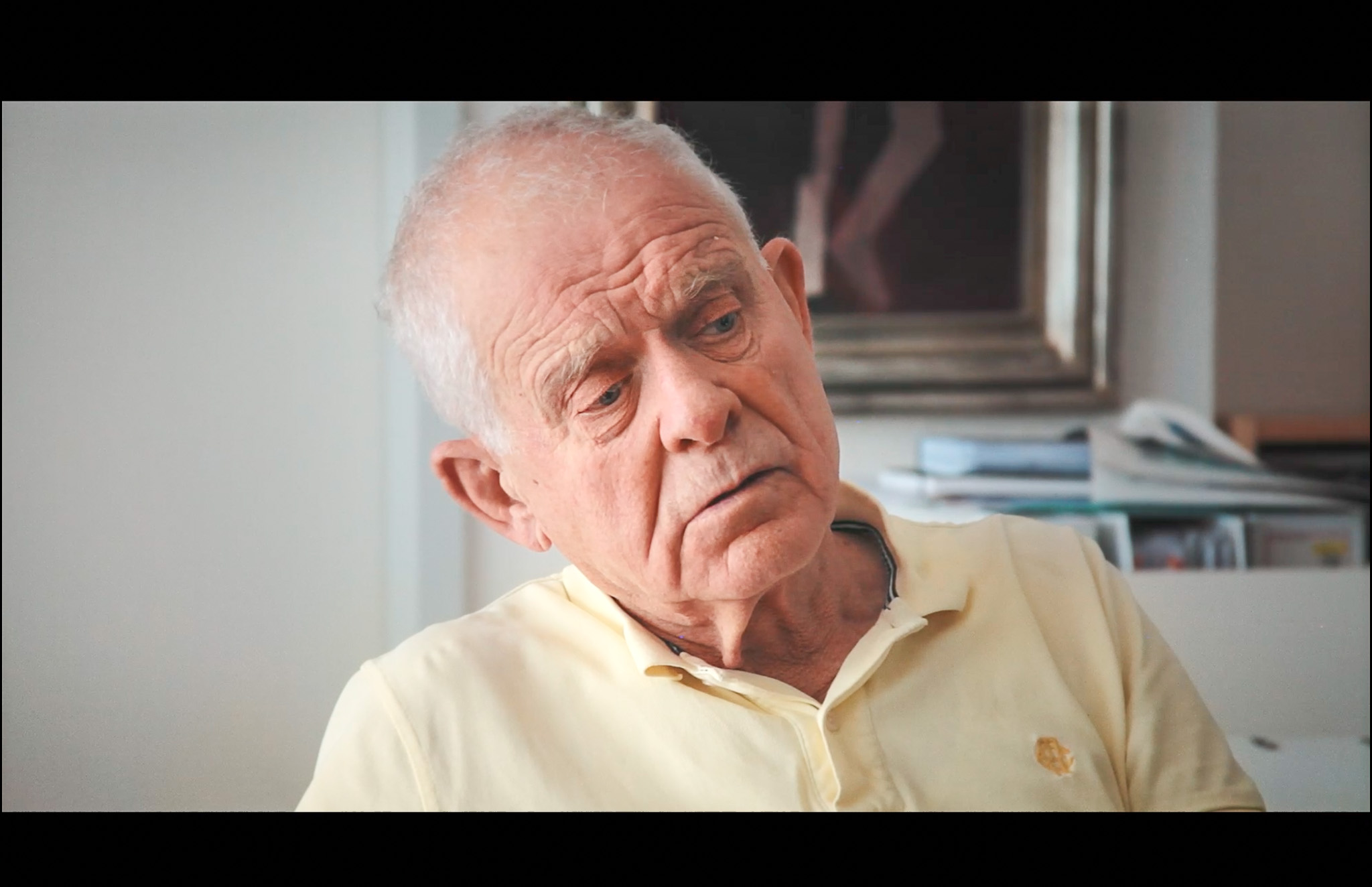
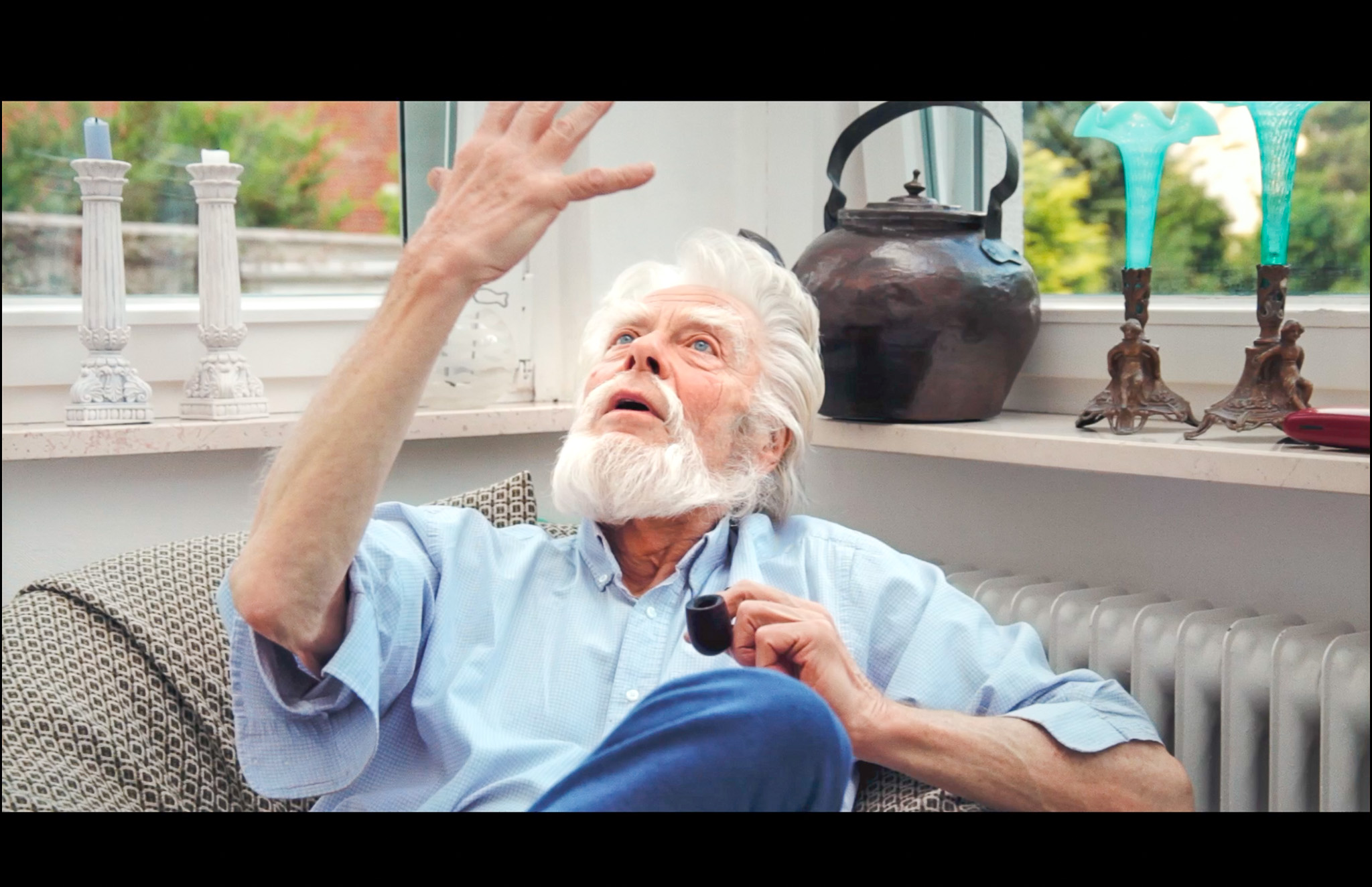
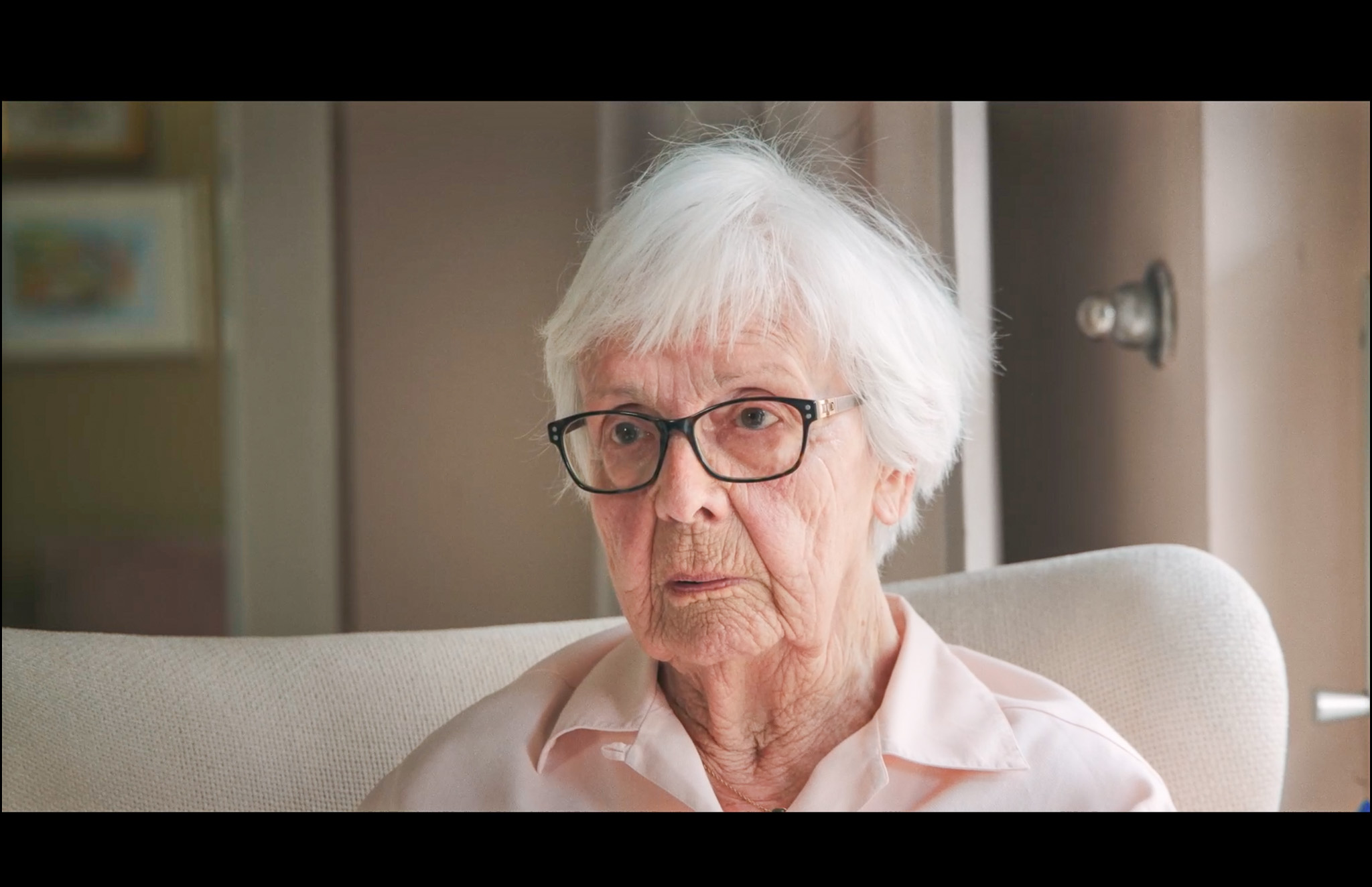
DIRECTOR’S NOTE
Angesichts der aktuellen Präsenz rechtsextremer Ideologien ist heute ein tieferer Einblick in das Denken und Fühlen der Mehrheitsgesellschaft im NS-Staat brandaktuell. Die damalige Begeisterung der Menschen für die NS-Ideologie genau zu kennen und zu verstehen ist nicht nur notwendig, um unsere eigene Geschichte besser zu verstehen, sondern auch um die Zukunft aktiv zu gestalten.
Die Perspektive der damals Beteiligten ist jedoch bis heute praktisch unsichtbar: sowohl im familiären und öffentlichen Gedenken, wie auch in der Filmkultur. Aktuellere Filme wie ‚Final Account‘ (Luke Holland) oder ‚The Zone of Interest‘ (Jonathan Glazer) haben erste Impulse in diesem Bereich gesetzt.
Wir hoffen, mit dem Film ‚Das Ungesagte‘ weiter zu diesem Ansatz beizutragen. Aufgrund des hohen Alters der Protagonisten ist der Film möglicherweise ein letztes Dokument seiner Art.
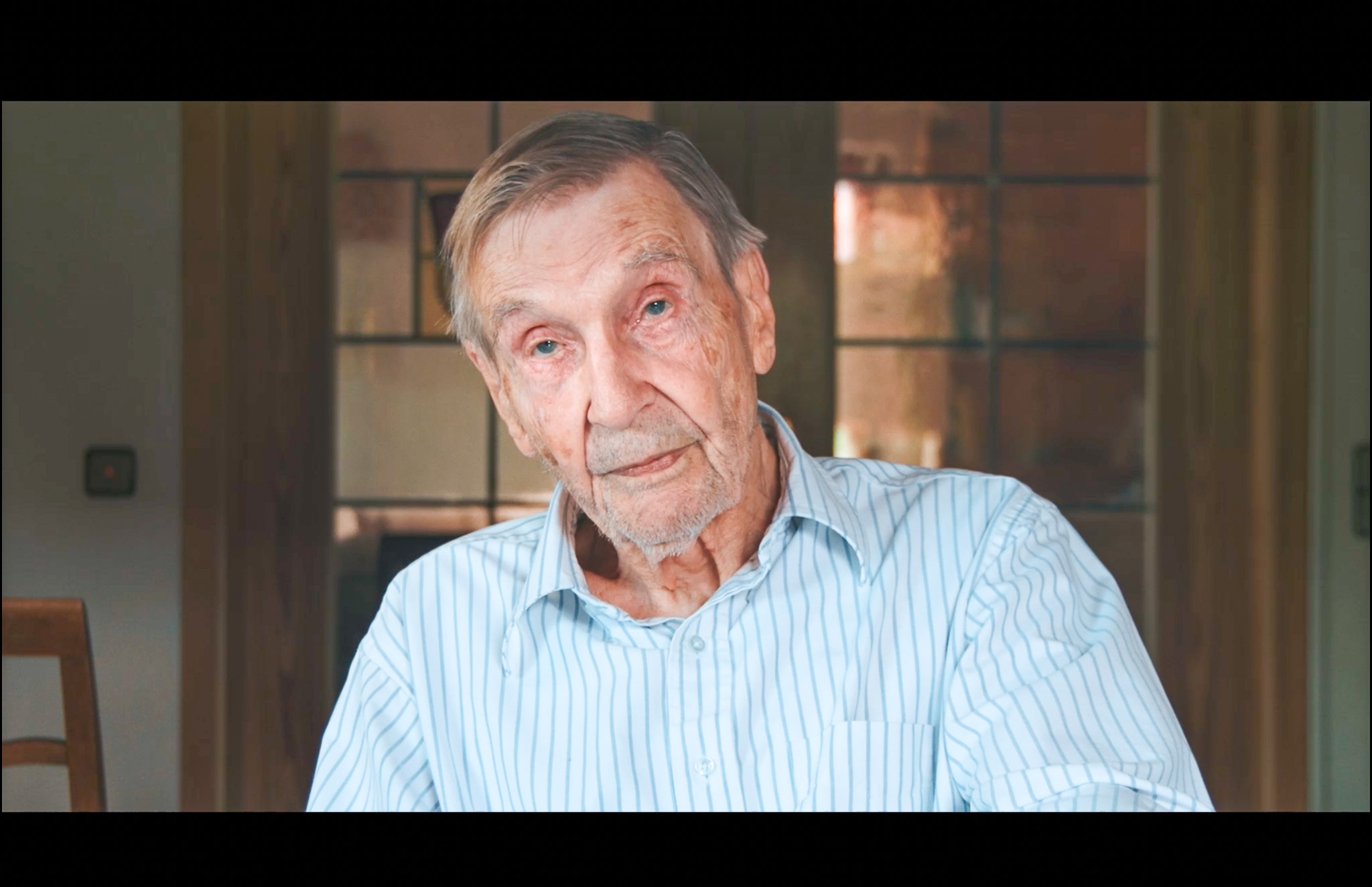
SYNOPSIS
Most of the Germans who supported the 3rd Reich never spoke about their experience again after 1945. In almost every German family, the topic was a taboo: the unspoken.
The film takes a psychological approach to interviewing the subjects in order to show what they exactly thought, felt and did during that time, and how they view their involvement in retrospect. The result is a profound insight into Germany’s collective unconscious and how it has been repressed for decades. The testimonies are painfully honest, startling and unsettling, but sometimes also emotional and touching, and often full of moral ambiguity, from denial and repressed guilt to trauma and grief.
We also interviewed German-Jewish survivors to highlight the blind spots that remain even today in the memory of those who supported the regime. The juxtaposition of the two perspectives is particularly revealing, and yields shocking insights.
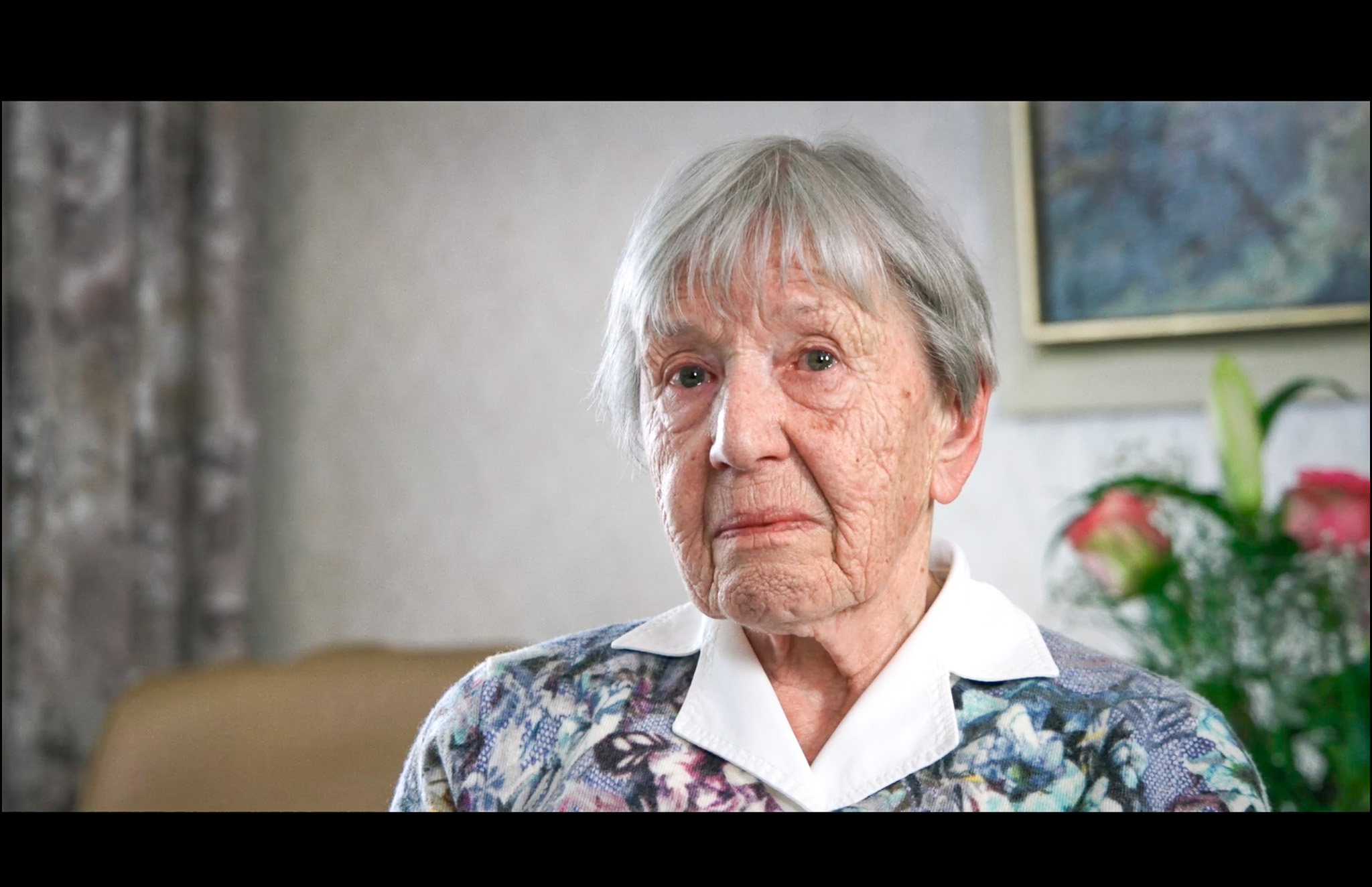
DIRECTOR’S NOTE
With extreme right ideologies growing in strength again across the globe, a deeply analytical and emotional insight into the minds of those who enthusiastically supported the Nazis during the 3rd Reich has never been more relevant or urgent. We need to learn more about their passion and involvement not only to better understand our own history, but also to better face our current political challenges.
The experience of those who went along with the Nazi regime has largely been ignored in German remembrance culture and in the German family dialogues. It is also practically absent in international film culture.
Recently, films such as ‘Final Account’ or ‘The Zone of Interest’ have broken new ground by exploring this topic. With ‘The Unspoken,’ we hope to make a contribution to this field.
Considering the age of the protagonists, ‘The Unspoken’ could be one of the last documents of its kind.
